After a final sighting in 1991, the Madagascar pochard was thought to have vanished for good. But this diving duck was rediscovered in 2006 when a flock of 22 individuals was found on Lake Matsaborimena in northern Madagascar by conservationists during an expedition. Soon after Madagascar pochard eggs were taken and incubated in a joint captive breeding program by Durrell, the Wildfowl & Wetlands Trust (WWT), the Peregrine Fund, Asity Madagascar, and Madagascar government, which recently announced that the population—both captive and wild—has nearly quadrupled.
“Although Lake Matsaborimena is the last hiding place for the ducks, it is far from ideal as a habitat,” Peter Cranswick, the head of Species Recovery at WWT, says explaining why the eggs were moved into captive breeding centers. “Our initial investigations suggest there is too little food and this may be leading to the low survival of the ducklings; in effect, they are starving to death.”
In addition to these factors, captive breeding programs will likely prevent devastating outbreaks of disease and the harmful effects pollution can have on the population, making the decision to take the animals into more secure conditions one that was critically important to their survival. Still, a small population persists in the wild.
Although considered relatively common in Madagascar’s Lake Alaotra through the 1930s, the Madagascar pochard was never observed to be a very widely ranged species. In fact, these ducks were only ever historically known to come from this single lake, but are thought to have once lived in shallow freshwater lakes and open marshes nearby dense vegetation throughout the central plain of Madagascar. Scientists presume that human colonization, leading to vast wetland loss, was the cause of the initial decrease in the birds’ range and numbers. The ultimate decline, however, has been attributed to the conversion of surrounding land to agriculture, deforestation leading to pollution and siltation, and the burning of aquatic vegetation. The introduction of non-native species to the area, as well as increased use of fishing nets in these wetlands, is also thought to have contributed to the duck’s downfall.
The Madagascar pochard itself is a medium-sized species of diving duck whose males have a distinctive white iris.. Thought to feed on benthic invertebrates, seeds, and aquatic plants, these ducks dive in shallow waters and can stay underwater for up to two minutes. They have been observed to be either sedentary or occurring in pairs. Their breeding season takes place between September and January and results in six to nine eggs being laid.
Since the commencement of the breeding program in 2009, the world’s population of the Madagascar pochard has increased nearly four-fold with the successful rearing of 38 ducklings. To date, the population stands at almost 80 individuals. With the second breeding season around the corner, the number of enclosures at the breeding center in rural Madagascar has increased, allowing the staff to pair up individual couples, providing them with the genetic information crucial to the long-term success of the program.
In future generations, provided success of the program continues, the captive-bred ducklings will be reintroduced to the wild into more secure habitats.
“The 58 Madagascar pochards in the captive breeding centre provide a safety net for the population if the tiny wild population were to go extinct,” Cranswick said recently. “We are now conducting detailed research in Madagascar to determine the species’ critical needs and to identify possible sites for future reintroductions.”

This article was written for Mongabay.com and reposted on Focusing on Wildlife.

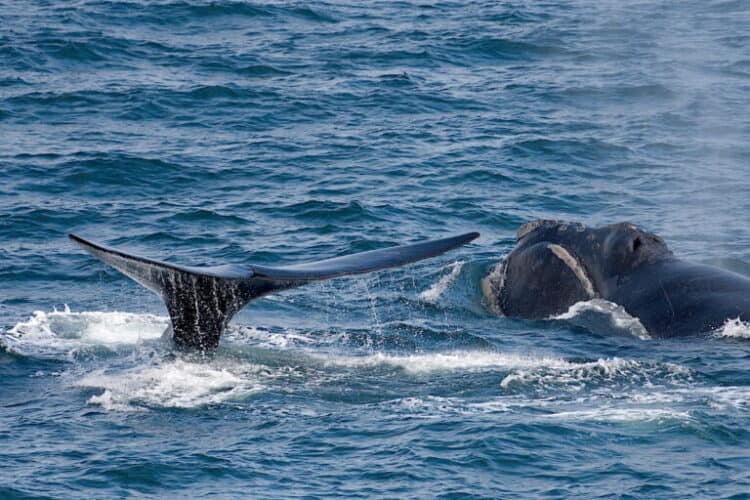
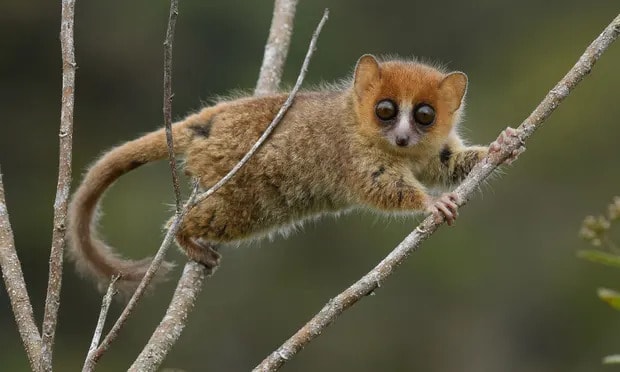
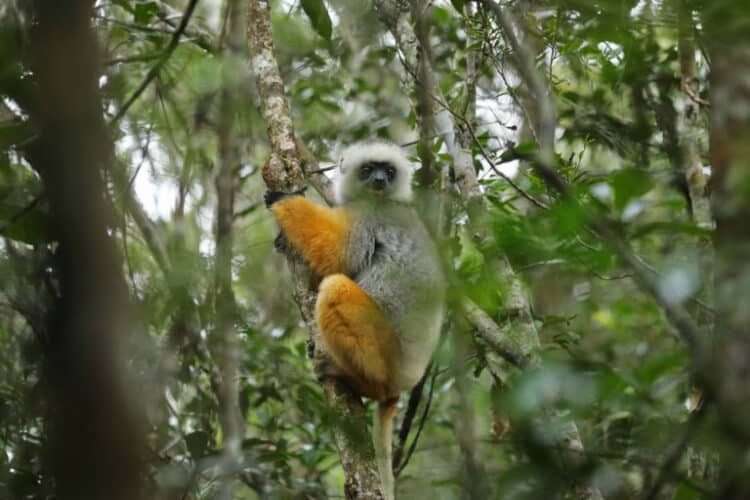
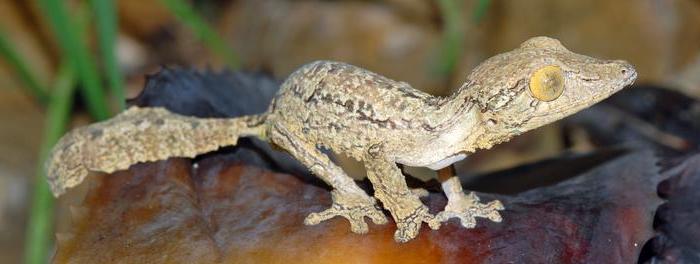
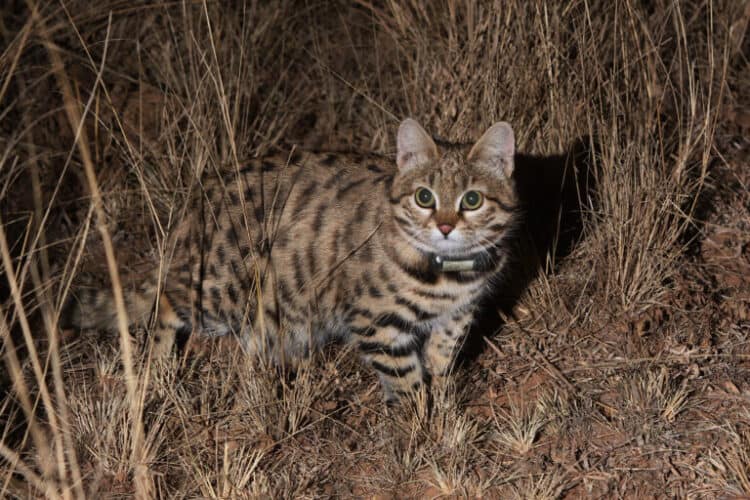
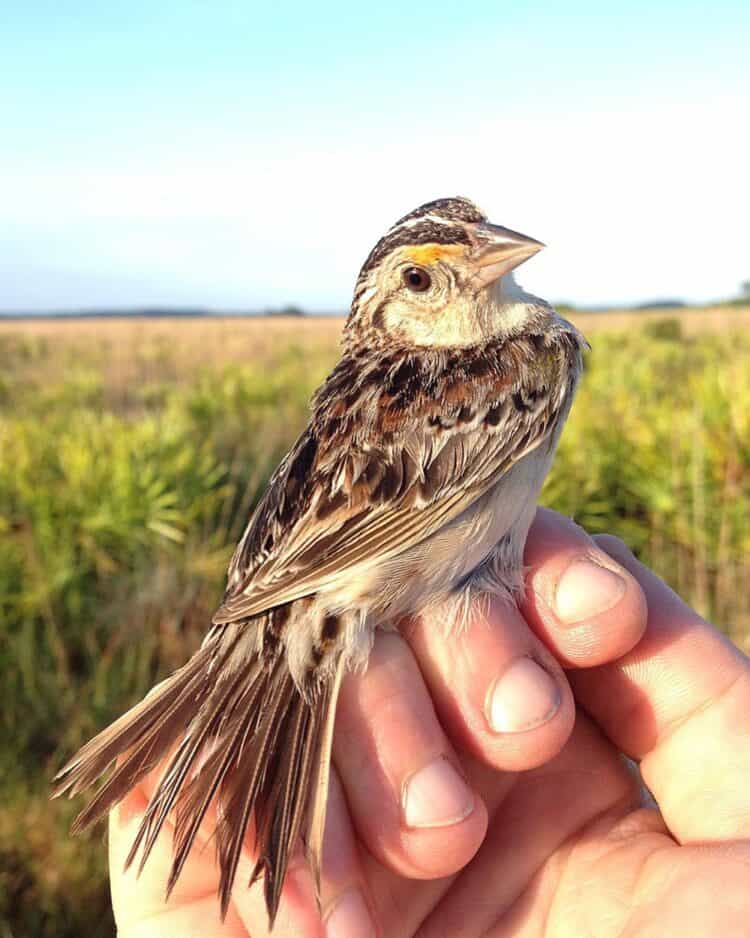
Leave a Reply